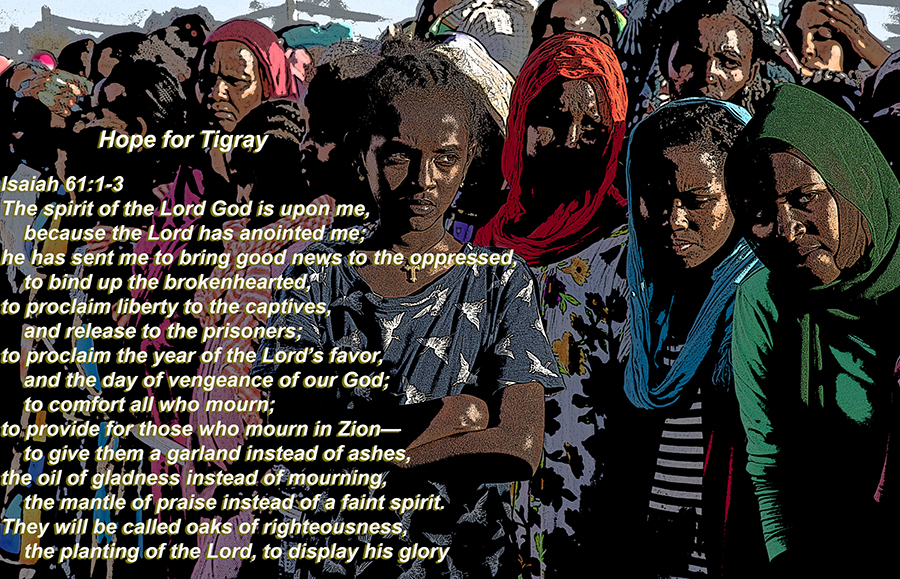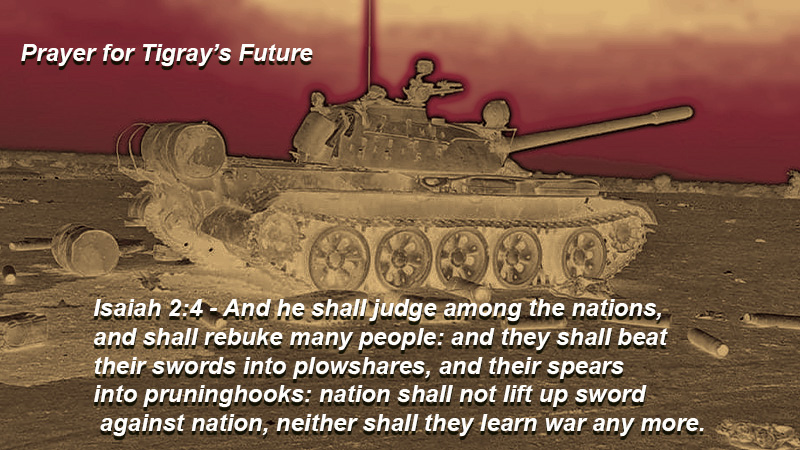
A North African Bishop some 1,600 years ago would write about how and when Christians have the right under their faith to battle in war. He later lived in Rome while it was under constant threat of attack by pagan tribes in the 5th century AD. Saint Augustine of Hippo has been widely recognized by Catholics, Protestants, and Orthodox Christians as one of the main influences in Christian thinking . He wrote about the ideal society in The City of God where he created the term jus ad bellum meaning just war.
The Sixth Commandment given by Moses had said “do not kill”. Apart from complete pacifism there seemed to many Christians no other alternative response to violence or the threat of violence to a population. Augustine stated that the wrongdoing of the aggravating party was the initiator of war not the responder to the threat. The reason to respond to this violence or threat of violence was to achieve peace.
In fighting a just war the use of force should only be that necessary to reach the peace and also that it is directed to the combatants. Augustine’s criteria were latter clarified by Saint Thomas Aquinas to include the war needed to waged by a legitimate authority, have a just cause, have the right intentions, have a reasonable chance of success, and be proportional to the force applied by the enemy.
The Tigray have agreed to peace talks to end the conflict but the Ethiopian government has refused saying that they are doing a law enforcement action. Law enforcement actions under international law cannot be directed to endanger innocent civilians. The parties must agree to seek peace when one offers it realistically. The Ethiopian offer of a temporary truce to allow planting while the Ethiopian and Eritrean forces stopped farmers from planting was a false pretense as noted by the Abiy Ahmed appointed interim administration during Tigray occupation.
Let us examine this criteria with respect to the Ethiopian Tigray Conflict
Application of Use of Force to Combatants not Noncombatants
A. In the “fog of war” injury to civilians must be avoided as much as possible. Intentional starvation, withdrawal of health care, livelihood (banking, communication, education) of civilians and children at the approval and command of Ethiopian and Eritrean authorities grossly violates this mandate.
- Tigray Legitimate Authority
Although the Prime Minister of Ethiopia Abiy Ahmed claimed falsely the election of the TPLF to rule the Tigray State was illegal it is clear as documented by many international researchers that the vast majority of Tigray voters by a margin of over 90% voted for TPLF. The opposition party, Tigray Independence Party, joined with the TPLF in supporting the war action. The Arena Party who was placed as interim administration would once there within a few months admit that the Abiy Ahmed government’s intentions was to starve the population and prevent agricultural food production by stopping farmers planting. Abiy Ahmed never allowed Tigray to vote in any Ethiopian election. - Tigray Just Cause
Proponents of the actions of the Ethiopian Federal Government claim there was an unprovoked attack on the Ethiopian Army North Command in November 2020. However many analysts have noted that Ethiopia began preparing for war months before November 2020 including building up forces on the Amhara and Afar borders. Pre-paying Esaias Afwerki, ruler of Eritrea, over $500 million USD beforehand and promising another $500 million upon starting the war. Arranging medical facilities in the Amhara region for a planned war. Reducing the necessary operating budgets to sustain Tigray government functions for months. Declaring the TPLF terrorists who could not hold office while just a few months before claiming in a speech to Parliament that they were exemplary leaders. The Tigray State government has claimed that Article 39 which allows for self determination of a regional state and that territorial disputes should be handled by civil litigation where violated. This has been recognized also by many members of the African Union and United Nations. - Right Intentions
The intentions of the Tigray State have been to remove the threat of loss of life, abuse, starvation, communication, property, and making a living imposed by the Ethiopian state on anyone who is a Tigray by ethnicity. - Proportional Use of Force
While the Ethiopian and Eritrean forces have widely attacked noncombatants by the deprivation of food, communication, transportation, fuel, electricity, personal security, livelihood, in a severe and constant manner clearly under order from commanders and government leaders this has not been the case for the Tigray forces. They have openly invited any and all investigations by unbiased bodies of any accusation. They have set up civilian administrations by local authorities in compliance with international rules of war. - Reasonable Chance of Success
In spite of the complete siege by Ethiopia denying food, medicine, fuel, health care, communication causing civilian death increasing daily the Tigray forces have reclaimed most of Tigray but not Western Tigray and temporarily occupied parts of Amhara to provide a buffer from invasion. They have asked for peace talks in lieu of demanding a complete military victory to which the Ethiopian government refuses.



